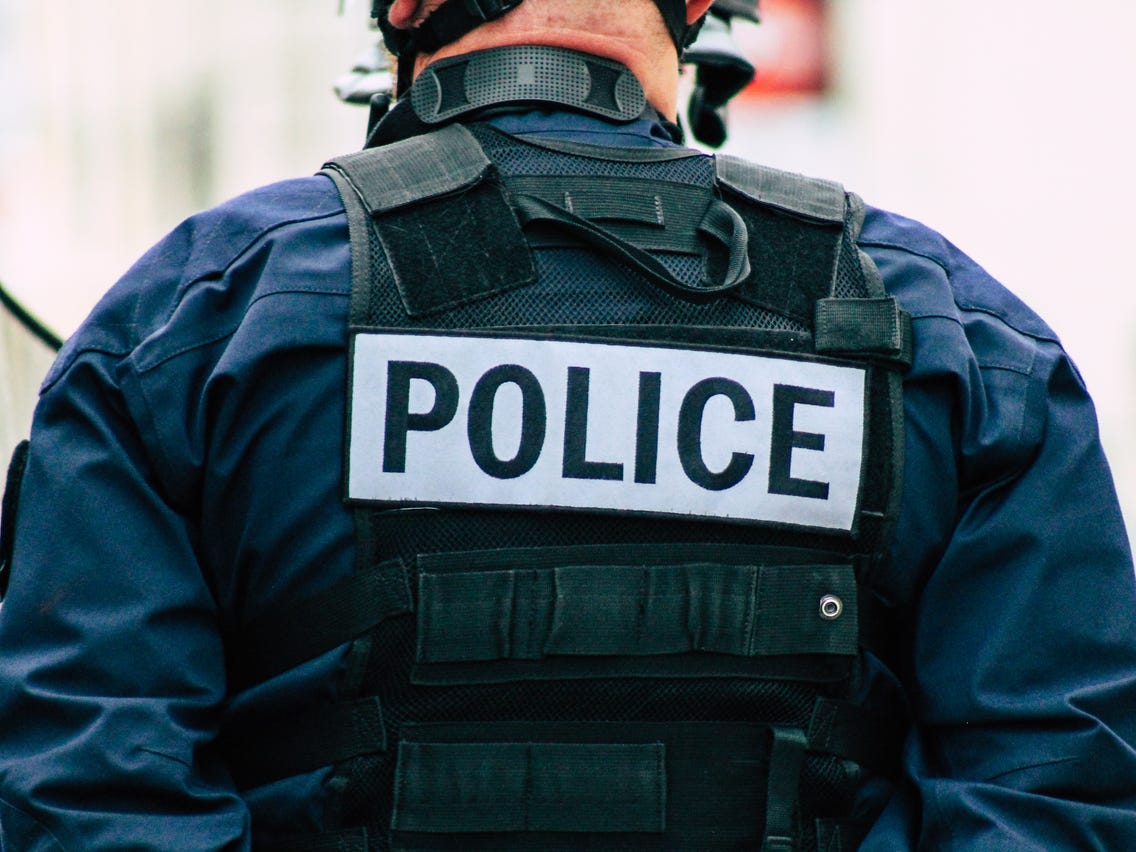How refreshing would it be if we had politicians that said what they meant and actually meant what they said? This should not be an unreasonable expectation; however, in reality there is little accountability for the pol who goes back on their word. Perhaps we have been misled so often that we are all but immune to it. Words mean very little. Put it in writing! But even that fails sometimes.
Case in point is a law that was enacted almost 60 years ago by the Illinois legislature. The Peace Officer’s Use of Force In Making Arrest was ratified by the legislature in 1961 under then ILL. ANN. STAT. ch. 38, para. 7-5, and currently 720 ILCS 5/7-5, which holds that police are authorized to use force, including deadly force, in situations other than defense of life. The law held that police can shoot certain criminals attempting to defeat an arrest, commonly referred to as the “fleeing felon” law. I purposely used the past tense in the previous sentence, not because the law has been repealed; instead because it is apparently meaningless. Consider the following:
Peace Officer’s Use of Force in Making Arrest
- A peace officer, or any person whom he has summoned or directed to assist him, need not retreat or desist from efforts to make a lawful arrest because of resistance or threatened resistance to the arrest. He is justified in the use of any force which he reasonably believes to be necessary to effect the arrest and of any force which he reasonably believes to be necessary to defend himself or another from bodily harm while making the arrest. However, he is justified in using force likely to cause death or great bodily harm only when he reasonably believes that such force is necessary to prevent death or great bodily harm to himself or such other person, or when he reasonably believes both that:
- Such force is necessary to prevent the arrest from being defeated by resistance or escape; and
- The person to be arrested has committed or attempted a forcible felony which involves the infliction or threatened infliction of great bodily harm or is attempting to escape by use of a deadly weapon, or otherwise indicates that he will endanger human life or inflict great bodily harm unless arrested without delay.
A plain reading of the statute would seem to indicate that police are authorized, perhaps even duty-bound, to use deadly force against fleeing felons who match the criteria listed above. This law is currently on the books and seemingly in full effect. However in reality any police officer that shoots a fleeing felon today will be chastised, fired and possibly charged criminally. The media will not mention the aforementioned statute in fear for undoing the false narrative it has perpetuated. Department leaders will act as though this law never existed. Prosecutors and politicians will distance themselves as far away from acknowledging the existence of the justifying statute in fear of being cloaked with responsibility.
Public perception of police has changed over the years and politicians have always had a unique ability to pander to its constituents. For example, in 1922 the Illinois Supreme Court outlined the common-law rule applicable to the use of deadly force by a police officer in effectuating an arrest. In People v. Klein, 305 Ill. 141, 146-47 (1922), the Court held, “[a]n officer, generally, may use a deadly weapon, even to the extent of taking life, if necessary to affect the arrest of a felon, for the reason that the safety of the public is endangered while such felon is at large … ”
In 1961, the legislative committee stated, when enacting the use of force statute, “the peace officer should be authorized to act even if the offender has not actually used or apparently threatened to use the weapon: the normal inference is that he intends to use it to thwart apprehension.” The public certainly believed that they needed to be protected from dangerous people who openly defy law enforcement. Perception has changed of late and public opinion for police has plummeted.
Today, armed criminals who have attempted to kill innocent people are permitted to storm through neighborhoods and ignore lawful commands by police. Enforcement is dead. Police are expected to monitor the situation and hope the criminal gets tired and gives up before harming someone. De-escalation reins and the pendulum swing representing public opinion remains firmly one-sided. The path to reversal seems distant. More than ever the defense of a police officer’s use of force is seen as political suicide and rarely done.
In response to the critics public lynching of police officers, I hoped for someone to point to this law and acknowledge the justifications set forth therein to mitigate the situation. Unfortunately the elephant in the room remains to be ignored. I wanted at least one politician to admit that its predecessors enacted a law that instructed police to shoot fleeing felons. I expected a robust debate amongst the current legislature about the law being outdated and possibly repealing it. Sadly, none of this happened. The front has been unified with intentional blindness.
One thing is clear, the law does not say mean what it says because politicians will never admit to saying what they said. Forget the law books; the law of public opinion is supreme. How’s that for transparency?


